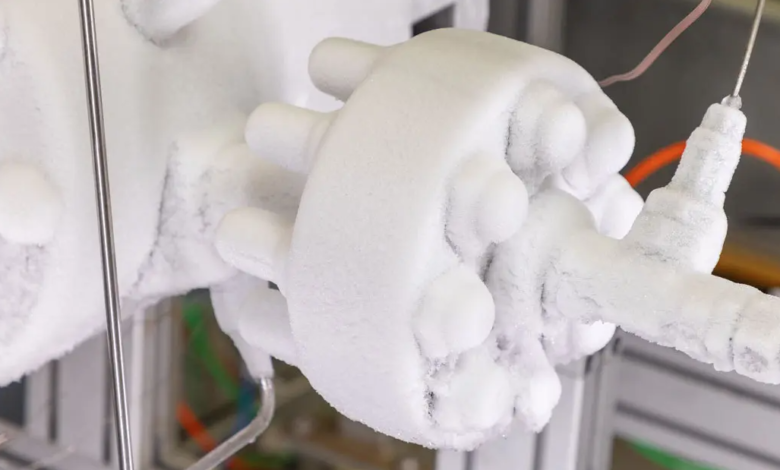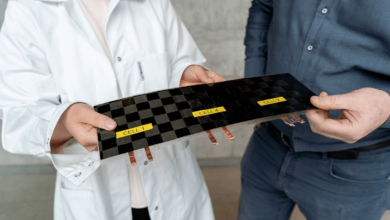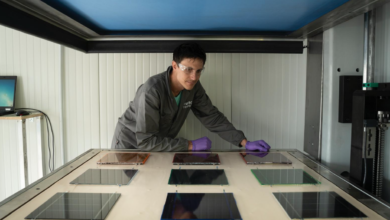Hydrogen combustion engines, Rolls-Royce and easyJet are serious

Hydrogen for sustainable aviation
Test hydrogen combustion engines to fly the new generation of zero-CO2 airplanes. This is the difficult goal for Rolls-Royce and easyJet, convinced that the H2 carrier can be the ultimate goal of sustainable aviation. The difficulties on the path? Many. The new propulsion technology must be up to date in terms of performance and guarantee maximum safety and good competitiveness.
In detail, Rolls-Royce has identified three technological challenges in using hydrogen in aviation: fuel combustion, fuel delivery and the integration of fuel systems with an engine. All these elements must work perfectly before we can think about the market.
And today the company has started a new series of tests in this area. The trial, launched at the Rolls-Royce plant in Solihull, UK, will test innovative aerospace liquid hydrogen cryogenic pumping systems. The systems will need to be able to take liquid hydrogen at low pressure, cooled below -250 ºC, and pressurize it so that it can then be pumped into an engine to be burned.
Towards the first hydrogen combustion engines for aircraft
In fact, the first steps forward in this segment have already been taken. “We set a new milestone in the aviation industry with the world’s first use of a modern hydrogen aviation engine in November last year,” reads the company’s website. “The ground test was conducted on an early conceptual demonstrator using green hydrogen created by wind and tidal energy. It marks an important step towards demonstrating that hydrogen could be the aviation fuel of the carbon-free future and is a key point in our decarbonization strategy“.
In September 2023, the company established a further world premiere when tests on an annular combustor complete with a Pearl 700 engine, powered 100% by hydrogen, showed that the H2 can be burned in conditions representing maximum take-off thrust.
“Hydrogen will be a key component in helping short-haul aviation decarbonize its operations, and so we welcome continued progress in Rolls-Royce’s test program,” said Jane Ashton, Director of Sustainability at easyJet. “We look forward to working together to develop these new technologies that have the potential to create a real breakthrough in the aviation industry”.
The joint test program supports a long-term goal for Rolls-Royce and easyJet: a complete ground test for gaseous hydrogen on a Pearl engine. This in turn will lead to new experiments on a liquid hydrogen combustion engine.





